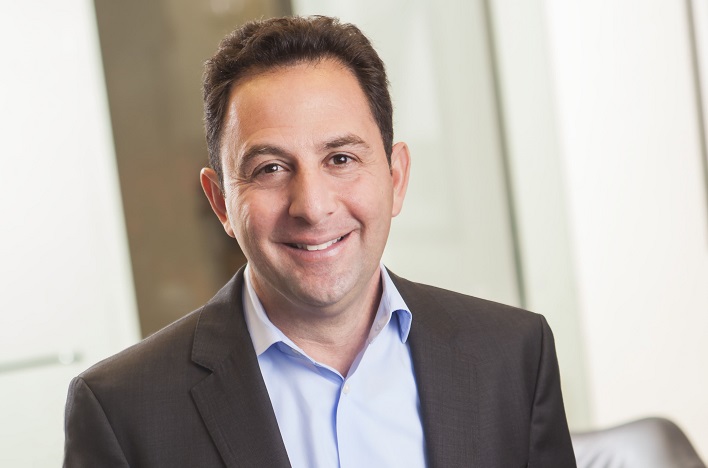Thanks to its board, Creative Planning has a new brain trust and nationally known advocates, including Tony Robbins and a former SEC chair.
Peter Mallouk, the head of Leawood’s Creative Planning, is tapping into a new strategy to grow his business: He has started an advisory board that includes experts with national reputations.
And that could mean even bigger things for the wealth management firm, which has more than $20 billion in assets under management.
Those new advisers include:
» Performance coach Tony Robbins, the author of “Money: Master the Game”
» Financial writer Jonathan Clements, a former Wall Street Journal columnist who has penned a popular series of “Money Guides”
» Christopher Cox, the former chairman of the Securities and Exchange Commission, who will join in January
“If you look at these guys, they’re all so unique,” Mallouk said. “Chris Cox was with the SEC … To have somebody that was the head of the SEC as a part of the team and all his insights on how to approach things is very powerful.”
How the Advisory Boards Helps
“We wanted to have a board of people that could really help us raise our profile nationally and be a great resource for our clients, as well as a great personal resource,” Mallouk said.
Each adviser adds value in a different way. Robbins, for example, has given talks to Creative Planning’s team of financial advisers, and he’ll appear at an event for the company’s clients next year. Clements has written special content for Creative Planning clients and spoke at an event last month for Creative clients in Kansas City.
“Then they also do private calls with me and other executives in the firm, in terms of their thoughts and advice,” Mallouk said. “So they’re truly advising me and others in the firm.”
How did Creative Planning convince these experts to join its advisory board?
In Robbins’ case, there was an existing relationship. As part of his latest book on finance, Robbins created a platform where readers could be referred to preapproved advisers like Creative Planning.
But Mallouk later asked to pull out. The platform wasn’t performing like he’d hoped. Robbins requested a sit-down.
“It was a great in-person meeting,” Mallouk said. “And a week later, Tony called and said, ‘I like what I’ve heard, and I’d really like to work with you personally.’”
Robbins decided to do away with his existing referral platform and instead direct leads to Creative Planning. He
became a client, and his own adviser, Ajay Gupta, joined Mallouk’s practice.
When the paperback version of “Money: Master the Game” went on sale earlier this year, it included material featuring Mallouk. And Robbins, who serves as Creative Planning’s chief of investor psychology, has highlighted the firm during interviews on “Good Morning America,” “The Today Show,” author Tim Ferriss’ podcast and other media.
“It’s about the public having various ways to hear our story from people other than me,” Mallouk said. “Before all this, I was the sole spokesperson.”
Why It Works
One key to Creative Planning’s advisory board: Its members are all a good cultural fit.
Mallouk didn’t know Cox or Clements personally before his team approached them. But Creative Planning had a strong selling point. It refuses to use a practice called dual registration, which allows financial advisers to function simultaneously as registered investment advisers (RIAs) and broker-dealers.
RIAs are bound by a fiduciary duty. Meaning, by law, they must always act in clients’ best interests. Broker-dealers are held to a less stringent standard. Critics have argued that dual registration leads to conflicts of interest and less transparency for investors.
Creative’s advisory board members are “principled people, and I think they’re looking for philosophical alignment,” Mallouk said.
Because of the advisory board, Creative Planning is also adjusting how it operates. The firm traditionally focused on clients with high net worth, and Clements and Robbins urged Mallouk to be more accessible to those with less than $500,000 to invest.
“So we have advisers that work specifically with that group,” Mallouk said.
It’s too early to say exactly how much the advisory board will impact Creative Planning, which was already enjoying strong organic growth. The company’s head count has climbed to 300, up from approximately 250 a year ago. The firm has added 10 physical offices over the last several months.
“Thus far, it’s not dramatically changed things,” Mallouk said. “But we’re just getting started.”


